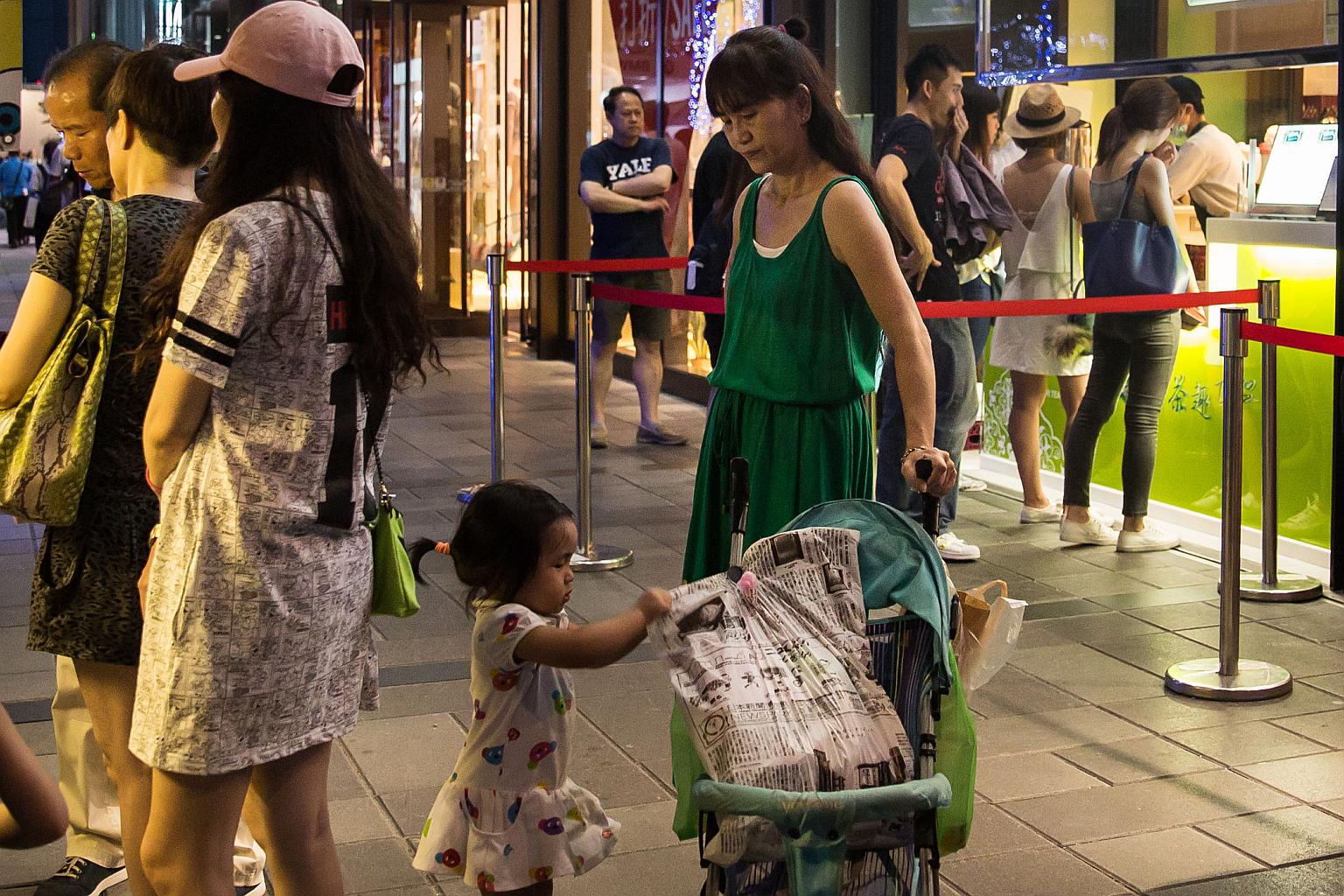Low birth rate spells trouble for Taiwan's universities: The China Post
In its editorial on March 30, the paper urges the government to review Taiwan's higher education sector to meet the island's future needs.
Sign up now: Get insights on Asia's fast-moving developments

The Ministry of Education warned that the number of college students is expected to drop by 40 per cent between 2013 and 2028 due to Taiwan's low birth rate.
PHOTO: BLOOMBERG
Follow topic:
TAIPEI (THE CHINA POST/ASIA NEWS NETWORK) - The Ministry of Education warned on Wednesday that the number of college students is expected to drop by 40 per cent between 2013 and 2028 due to Taiwan's low birth rate. Such a drastic decrease of student population will hit the bottom line of local universities and colleges, with some expected to be merged or closed.
Deputy Education Minister Yao Leeh-ter told lawmakers on Wednesday that a budget of NT$5 billion (S$230 million) would be earmarked to implement the transformation or closure of poorly performing schools as well as to help students in closed schools continue their studies and teachers to find other jobs.
It is prudent to start planning now for changes that will impact thousands of teachers and even more students in less than a decade.
The government's current plan of encouraging merging of schools, academic-industry cooperation, establishing a more flexible education system in which more high school students will start working before pursuing higher education, while setting up measures for the closure of failing schools are all practical and much needed plans. The government, however, should conduct a more comprehensive review of the future of higher education in Taiwan.
Backed by the government's calls to train more "high tech talents", over the past 30 years the number of universities in Taiwan has increased by more than fourfold, from just over 30 to 160.
Admission rates for college and university went up to above 90 per cent, and at one time even over one hundred per cent (meaning there were more school openings then there were applicants).
As a result, students with poor exam results were allowed to enroll. Instead of changing course and making career plans more suitable to their talents, these students are fed into a higher education system where they often fail to achieve academic success and are left without proper training for their future careers.
Those who are academically capable increasingly regard postgraduate study as a way to delay entry into the job market. Taiwan is producing twice as many PhD students than Japan - despite the fact that its population is only one-fifth of its northern neighbour.
As a result, a substantial number of poorly educated college graduates and PhD degree holders are unable to find stable jobs, even as many local businesses struggle to find qualified workers.
Now the government is trying to fix the problem, but it is again falling into the pattern of devising policies based on what it sees now. Thirty years ago, the government saw the need for high-tech talents. But what it did not see was the education bubble, nor the potential problem of an aging society. Now the government is looking at the future of Taiwan's education through the lens of its oversupply problem and failing to see the opportunities.
The predominant thinking in Taiwan that universities serve mainly to train students for their future jobs cannot continue into a future where machines are expected to be able to do the majority of jobs that are currently on offer.
As machines are expected to be able to compete with humans in most professions, the world will need people in both creative and human-related roles. Yet still, local universities regard the humanities as a "money-losing bet." A shame.
The China Post is a member of The Straits Times media partner Asia News Network, an alliance of 22 news media entities.

